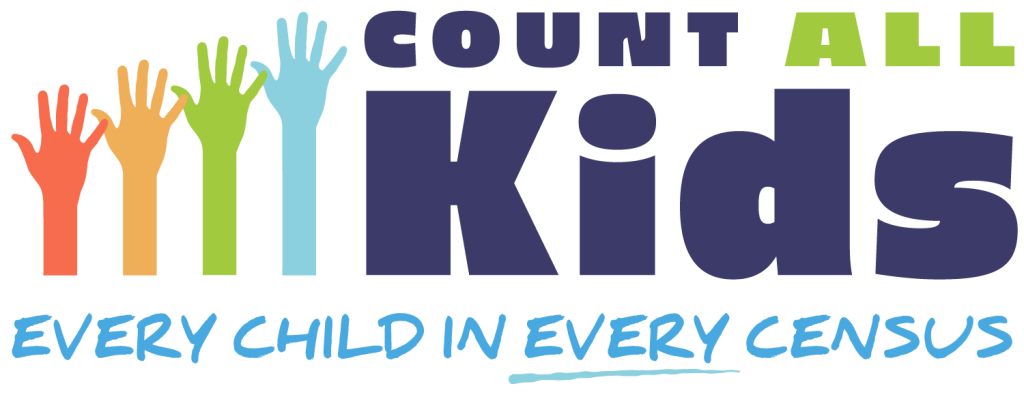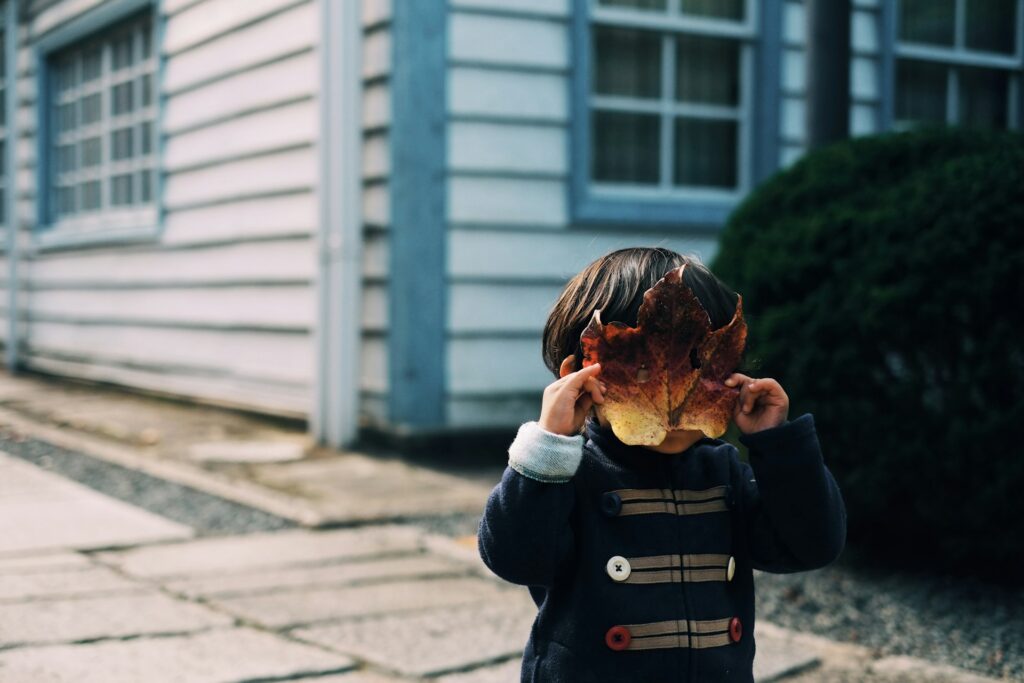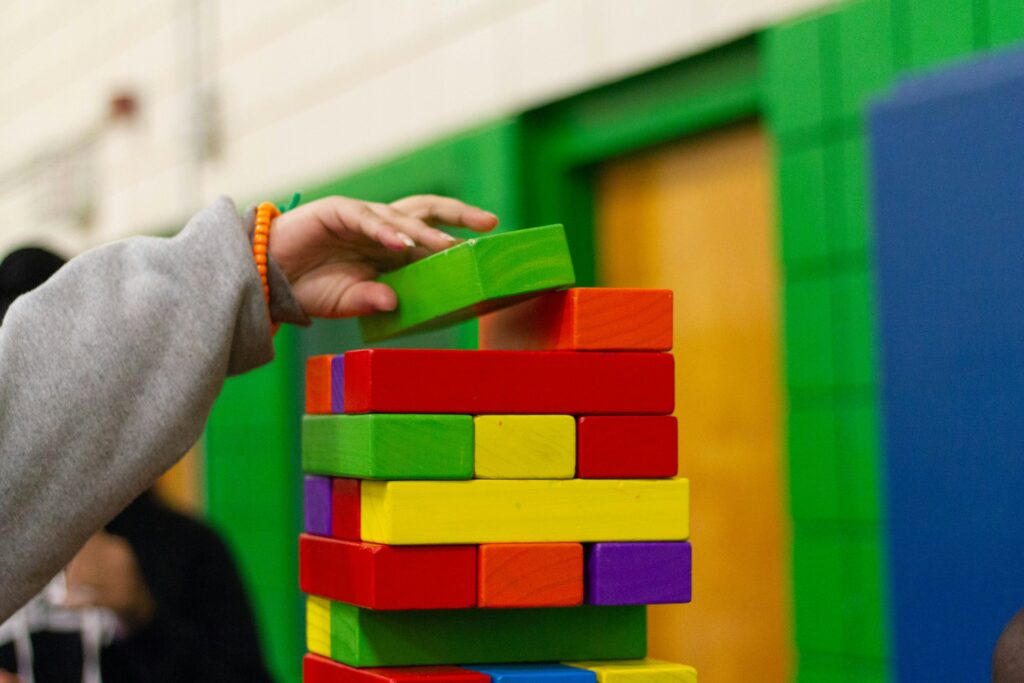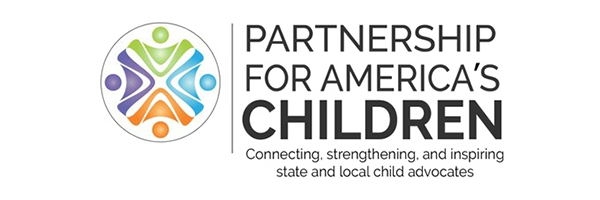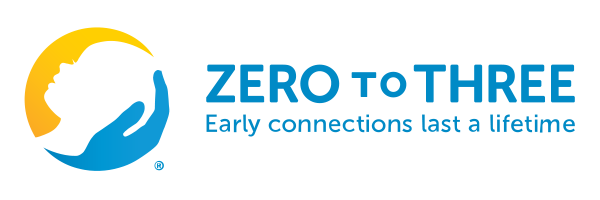We are delighted to report that on December 14, 2022, the Census Bureau announced that it will delay applying a new confidentiality protection approach called differential privacy to the American Community Survey (ACS) until they develop the science to do so responsibly. We believe this avoids a serious threat to the ability of the Bureau to produce data on child poverty.
Over the last 18 months, we have been working to make sure that the Census Bureau’s new approach to privacy, called formal privacy or differential privacy, would not weaken the accuracy of children’s data. Dr. William O’Hare’s research revealed that the approach taken with the decennial census created some highly improbable results. Discussions with the Bureau revealed that these improbable results were because the differential privacy method they used with the Census files sometimes separated data on children from data on the adults in the household. For example, differential privacy might change a household with two children and two adults to a household with two children and one adult in an effort to make it more difficult to identify people in the census records. If they removed an adult from the household, there is a chance they might remove the income of that adult from the household in the ACS context.
Members of Count All Kids Coalition have been very concerned about what would happen when this Differential Privacy method was applied to the American Community Survey (ACS), which provides the best source of child poverty data by state and locality. The ACS measures child poverty by looking at the income of the adults that kids live with because that is what determines children’s access to resources. To tell whether children live in poverty you must look at the incomes of the adults in the household. If the Bureau had started to apply the same differential privacy method to the ACS that separated children’s data from adults, the ACS poverty measure would be compromised.
On Wednesday, December 14, 2022, the Bureau announced that it is postponing applying differential privacy to the American Community Survey (ACS) because they have concluded that the science does not yet exist to comprehensively implement a formally private solution for the ACS.
This means, in short, that the method used in the ACS to measure child poverty will continue. Child poverty is of course the single most important indicator of child well-being, so making sure the child poverty data measure remained intact was one of our top priorities for 2022. Because this delay is due to their recognition that the problem is with the science, we are optimistic that when they do apply a new privacy approach to the ACS it will avoid the problem of separating children from their parents in data processing.
It also means that other ACS data will continue to be produced the same way; we also had concerns about other ACS data reporting family relationships.
We believe that the problem we identified regarding the separation of children from their parents in the data process in differential privacy played an important role in this decision; the Bureau has mentioned the importance of Bill’s research several times. We are delighted to be able to share this good news with you.
